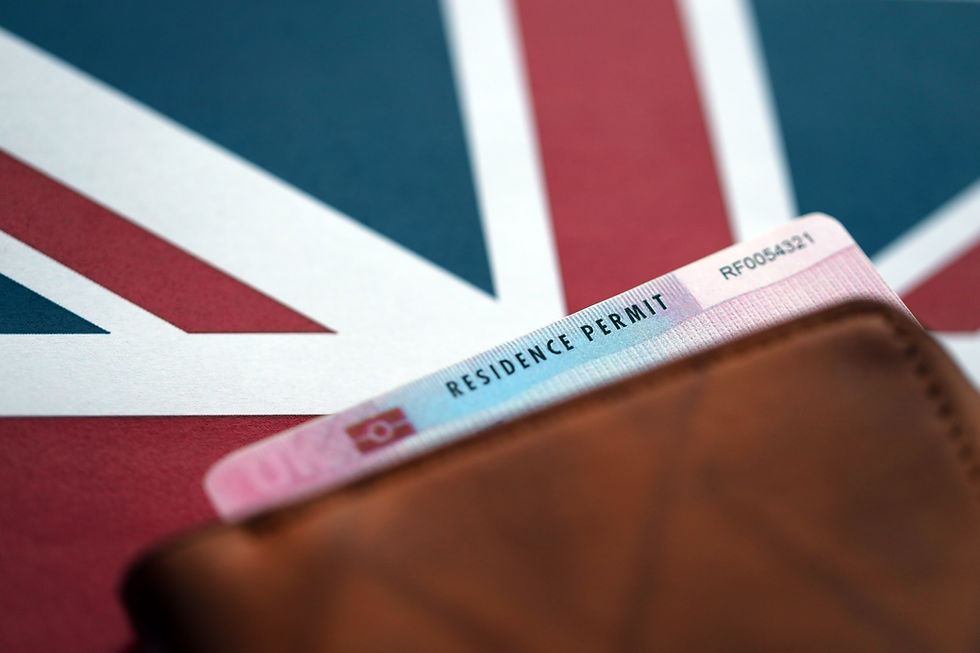Capital Gains Tax nudge for Cryptoasset holders
- actlondon
- Nov 23, 2021
- 2 min read
o Capital Gains Tax on Cryptoassets
If you hold or have held investments in cryptoassets (also known as cryptocurrency)

and dispose or have disposed of such assets you may have to pay Capital Gains Tax (CGT).
Disposal includes selling cryptoassets for fiat currency, exchanging one cryptoasset for another or using cryptoassets to purchase goods or services.
CGT arises if your total gains arising from all disposals in a tax year are over the annual exempt amount. For the tax year 2021 to 2022 this is £12,300 or £6,150 for trusts. This allowance cover any disposal of other assets such as property or shares. The ‘gain’ is normally the difference between what you paid for an asset and what you have sold it for (or what it was worth when you exchanged it, used it to buy goods or services, or gave it away). If you make a loss, you may be able to use this to reduce the CGT due on other gains.
o HMRC
HMRC have sent letters encouraging holders of cryptoassets to consider their capital gains tax position, but have stopped short of sending them to non-UK domiciled individuals. This however should not be interpreted as an indication that HMRC’s view on the situs tests for cryptoassets have changed.
HMRC considers the situs of a cryptoasset for CGT and inheritance tax (IHT) purposes depends on whether it is simply a digital representation of an underlying asset. If it is, then the location of the underlying asset will determine the location of the cryptoasset.
Where the cryptoasset is distinct from any underlying asset then HMRC’s view is that none of the statutory rules in the Taxation of Chargeable Gains (TCGA) 1992 apply. HMRC’s view is that:
· exchange tokens have an economic value as they can be “turned to account” (e.g. exchanging them for goods, services, flat currency or other tokens);
· exchange tokens are a new type of intangible asset (different to other types of intangible assets, such as shares or debentures); and
· the only identifiable party to consider is the beneficial owner of the exchange token, such that the location of the cryptoasset will be determined by the residency of the beneficial owner.
Consequently, HMRC views that a UK resident individual will always need to pay tax on the disposal of such assets if they are the beneficial owner, regardless of their place of domicile.
Contacts
If you would like to discuss the above issues or if you have received any such letters from HMRC, please do not hesitate to contact blockchain@act.london or your usual A.C.T. contact.



Comments